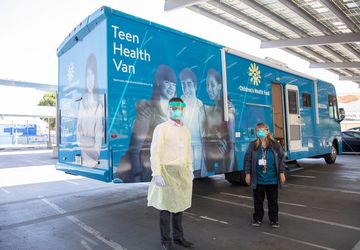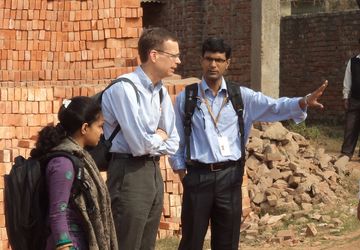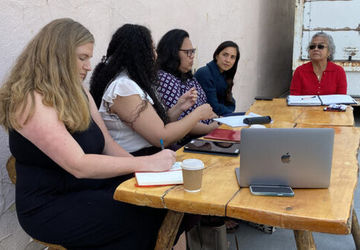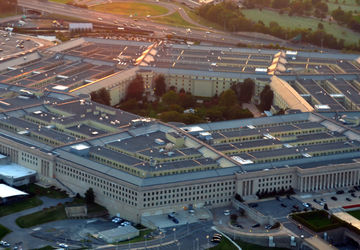Blog
Our public impact-focused team shares timely analysis, insights, news, and ideas about the ways universities, governments, businesses, and nonprofits are working together to use evidence and experience to make progress on the world’s hardest social challenges.
Equity Forward Local Impact Labs University Collaborative is featured in Lisa Chung’s Stanford Report among projects working to address COVID-19 impacts in San Mateo and Santa Clara counties. Stanford Impact Labs and Stanford’s Office of Community Engagement are helping convene 14 higher education institutions in Santa Clara and San Mateo counties to co-design and launch a region-wide grant-making program addressing economic and racial inequity.
Sarah Hopwood
We’re looking for three fantastic postdoctoral fellows to join our program in 2022 to advance public impact scholarship on voter confidence in U.S. elections, representative government in low- and middle-income countries, and child health inequality. Sarah Hopwood, director of programs and education, shares more about the opportunity and application process.
Sarah Jane Staats*
Stephen Luby, professor of infectious diseases at Stanford, spoke earlier this year to faculty in our impact lab design fellows program about his experience working to curb child pneumonia in Bangladesh. He described 15 years of moments and interactions that changed his understanding of the problem and potential solutions—leading him to work with a team of scientists and local partners on cleaner brick manufacturing. Sarah Jane Staats captures five lessons from his account for anyone working to put research to work for society.
The $1 trillion bipartisan infrastructure bill passed last month in the United States includes $50 billion to help communities mitigate and adapt to the effects of global warming. PBS NewsHour Special Correspondent Tom Casciato reports on a Bay Area partnership between the nonprofit Climate Resilient Communities and Stanford’s Future Bay Initiative to use smart phone technology and in-person surveys to better understand how communities experience climate hazard—like heavy smoke from wildfires—and identify practical solutions together. The Our Communities, Our Bay partnership has support from Stanford Impact Labs' start-up impact lab funding.
Stanford Political Science Professor James Fearon joins four other Scholars in Service this year. He will work with the Office of the Undersecretary of Defense on a range of policy issues, including preparation of the 2022 National Defense Strategy.




